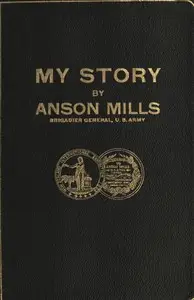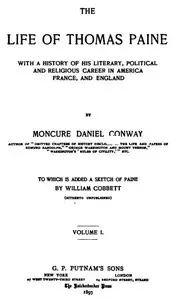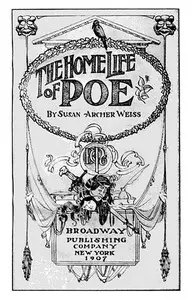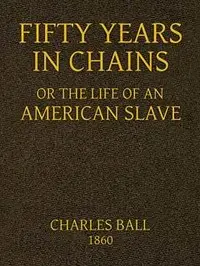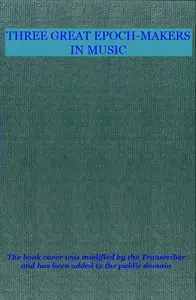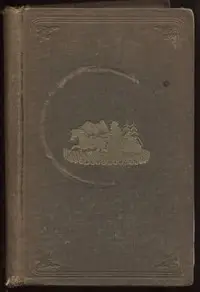"Marse Henry: An Autobiography (Volume 2)" by Henry Watterson is a captivating memoir that transports readers to the vibrant era of late 19th-century America. Through Watterson's engaging storytelling, we witness his encounters with influential personalities like Charles Sumner and Carl Schurz, gaining unique insights into their characters and the political tensions of the time. The book chronicles Watterson's surprising entry into Congress, highlighting his initial reservations and the uproarious events that marked his early political career, including a memorable all-night session filled with camaraderie and playful antics. This initial glimpse into Watterson's world paints a vivid picture of the era's political landscape and sets the stage for a story filled with personal reflections, historical context, and memorable anecdotes.

Marse Henry: An Autobiography (Volume 2)
By Henry Watterson
Experience a bygone era through the eyes of a reluctant congressman as he navigates the chaotic world of 19th-century American politics and forms unlikely bonds with famous figures.
Summary
About the AuthorHenry Watterson, the son of a U.S. Congressman from Tennessee, became a prominent journalist in Louisville, Kentucky, as well as a Confederate soldier, author and partial term U.S. Congressman. A Democrat like his father Harvey Magee Watterson, Henry Watterson for five decades after the American Civil War was a part-owner and editor of the Louisville Courier-Journal, which was founded by Walter Newman Haldeman and would be purchased by Robert Worth Bingham in 1919, who would end the Pulitzer Prize-winning journalist's association with the paper.
Henry Watterson, the son of a U.S. Congressman from Tennessee, became a prominent journalist in Louisville, Kentucky, as well as a Confederate soldier, author and partial term U.S. Congressman. A Democrat like his father Harvey Magee Watterson, Henry Watterson for five decades after the American Civil War was a part-owner and editor of the Louisville Courier-Journal, which was founded by Walter Newman Haldeman and would be purchased by Robert Worth Bingham in 1919, who would end the Pulitzer Prize-winning journalist's association with the paper.



